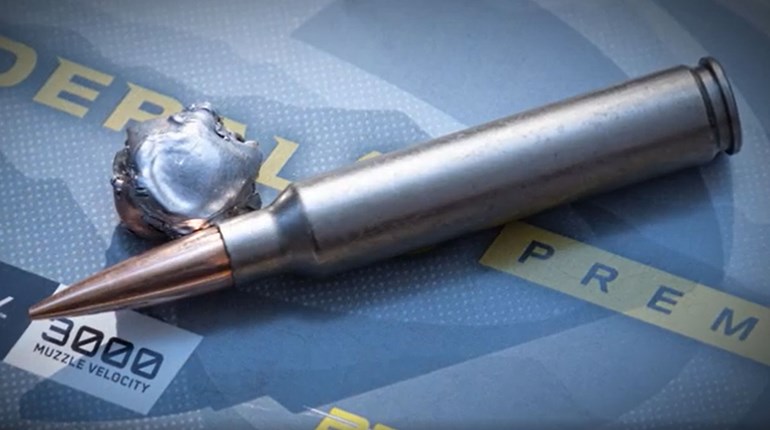
In 2016, there were a horrifying 762 homicides in Chicago—more than New York City and Los Angeles, both of which are larger cities, combined. This is a complex problem, but however you try to get to the bottom of it, the politics and policies of Mayor Rahm Emanuel have their fingerprints all over these murder scenes.
After his re-election in 2015, Emanuel did three stupid things. According to John Lott, president of the Crime Prevention Research Center, Emanuel closed down detective bureaus in Chicago’s highest crime areas, often moving them to distant locations. At the same time, he disbanded some gang task forces, as these were politically unpopular with some vocal people in the crime-ridden neighborhoods (people who often blame police officers for crime and who often refuse to help officers solve crimes). Then, after the American Civil Liberties Union (ACLU) filed suit, he instituted new forms that have to be filled out by police officers after they stop someone to investigate a crime. In a recent “60 Minutes” investigation, Chicago’s former police superintendent, Garry McCarthy, said that each one of these forms takes police officers up to 45 minutes to complete. Talk about a time killer and a disincentive to stop and question possible suspects! The “60 Minutes” investigation noted that arrests are also way down in Chicago—this as murder rates skyrocket.
The “60 Minutes” investigation noted that arrests are also way down in Chicago—this as murder rates skyrocket. McCarthy, who has hardly been friendly to the law-abiding citizens’ right to carry guns for self-defense, even explained that Chicago’s officers are often being treated as if they are the bad guys, which is causing police officers to be very conservative in the way they do their jobs.
In the “60 Minutes” episode that revealed the results of these investigations, titled “Crisis in Chicago,” correspondent Bill Whitaker reported, “We were astonished by data we obtained from inside the police department. It revealed that as killings rose, police activity fell. In August of 2015, cops stopped and questioned 49,257 people. A year later those stops dropped to 8,859, down 80 percent. At the same time arrests were off by a third, from just over 10,000 to 6,900.”
During his years in office, Emanuel has done nothing to reduce this problem and, by every measure, has made it worse. The percentage of murder cases in which suspects have been arrested has been falling for years. In 1991, about 67 percent of murder cases had suspects arrested. Lott says, “When Mayor Richard M. Daley left office 20 years later, in 2011, the arrest rate was down to 30 percent. This troubling drop only continued after Rahm Emanuel became mayor, hitting a new low of 20 percent in 2016.”
Still, Lott, who is a researcher known for diving to the bottom of statistics, noted that for years now, “Chicago has been intentionally misclassifying murders,” instead labeling them as subject to non-criminal “death investigations.”
Nationally, police solve almost two out of every three murders, according to U.S. Department of Justice Bureau of Justice Statistics. Unlike Chicago’s arrest rate, the national rate has basically been constant for decades.
A week ago, President-elect Donald Trump took to Twitter and summed it up this way: “If Mayor can’t do it he must ask for federal help!”
As the Chicago Police Department has been blamed for shooting people, politicized (partly due to a police car dash-cam video of the shooting of Laquan McDonald a judge had to order to be released), and weighed down by policies and paperwork, the murder rate has kept rising. During his years in office, Emanuel has done nothing to reduce this problem and, by every measure, has made it worse.
The relocating of detectives is just one example of the consequences of Emanuel’s complicity in letting this gang violence continue, and even get worse. Lott said, “Detectives who had worked for years in high-crime neighborhoods suddenly found themselves working in other areas of the city, their hard-earned, neighborhood-specific knowledge of likely culprits and informants now rendered irrelevant.”
One Chicago detective reported to Chicago Magazine: “All the expertise you once had is useless when you’re working on the other side of town. You might as well put me in a new city.”
As Emanuel has made horrifyingly bad decisions, he has continued to blame law-abiding gun owners outside of Chicago for the gang wars in some of Chicago’s neighborhoods. Yet mountains of crime data, on-the-ground opinions from police officers, the comparative examples of larger cities and more show that Emanuel and his administration have blood on their hands. His policies and rhetoric have only increased the pain and suffering in Chicago.
Lott sums it up this way: “Democrats have learned nothing from Chicago’s failed experiment in banning guns, which began in late 1982. After the ban, the city’s murder rates stopped falling and started soaring—in both absolute terms and relative to adjacent counties and other large cities. The lesson for Democrats should have been that gun control does nothing but disarm law-abiding citizens.”
Instead of unleashing what works—individual freedom and good policing—Emanuel has doubled down on blaming freedom for the devastating effects of his anti-gun policies.
































